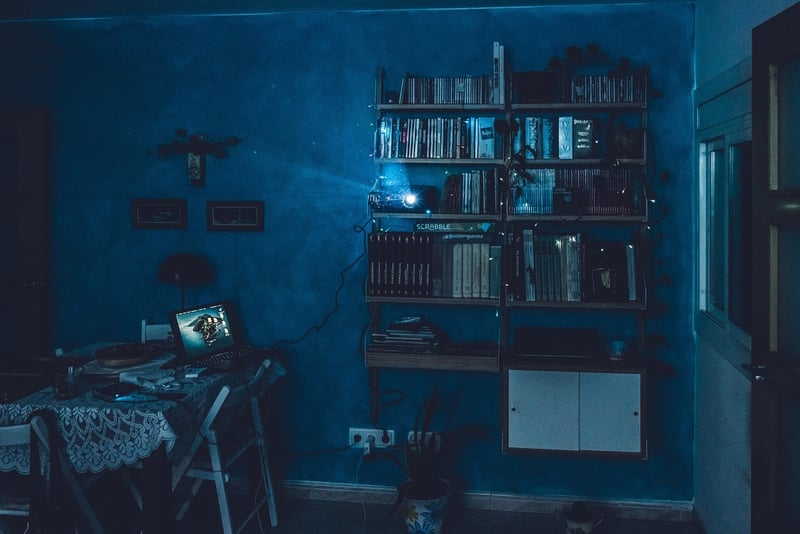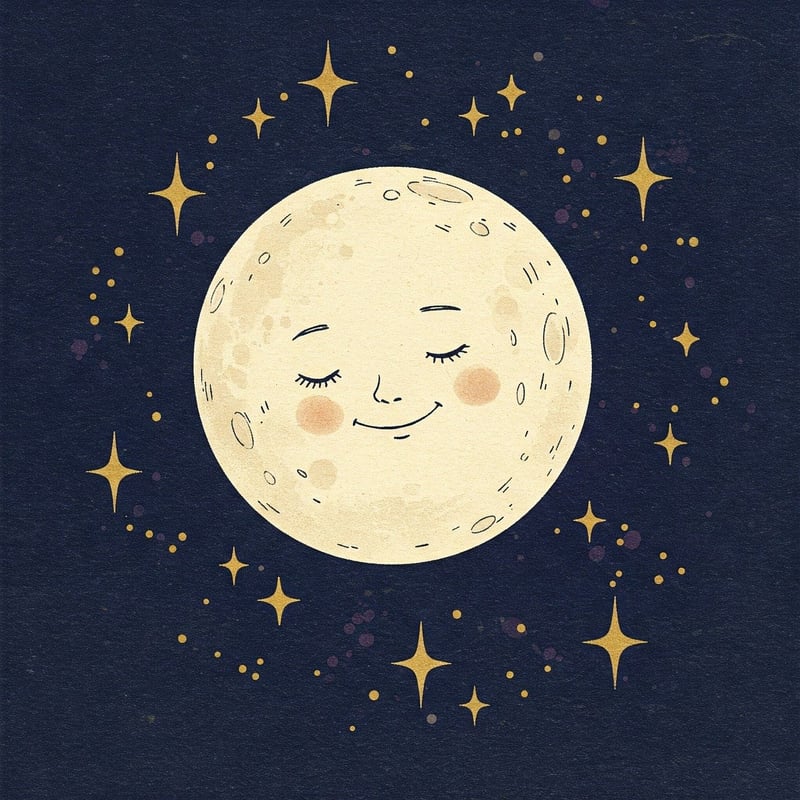Time Loop Conundrums
Navigating Time Twists and Time Loop Conundrums
Time travel has been a popular theme in science fiction for decades, captivating audiences with its intricate twists and paradoxes. From time loops to alternate timelines, the concept of time manipulation offers endless possibilities for storytelling. Let's delve into some of the most intriguing time twists and time loop conundrums in the world of fiction.
1. The Grandfather Paradox
The Grandfather Paradox is a classic time travel dilemma where a person travels back in time and inadvertently changes a past event, preventing their own existence. This paradox raises questions about causality and the potential for altering the course of history.

2. Groundhog Day Loop
Popularized by the movie "Groundhog Day," this time loop conundrum involves a character reliving the same day repeatedly. As they strive to break free from the loop, they undergo personal growth and self-discovery, showcasing the transformative power of repetition.

3. Alternate Timelines
Exploring alternate timelines opens up a world of possibilities where different choices lead to divergent realities. Characters may encounter versions of themselves or witness the consequences of pivotal decisions, highlighting the complexity of cause and effect.

4. Predestination Paradox
The Predestination Paradox involves a series of events where the outcome is a fixed point in time, creating a loop with no clear origin. This paradox challenges the notion of free will and raises profound questions about fate and destiny.

Time twists and time loop conundrums offer a fascinating glimpse into the complexities of temporal manipulation and the unexpected consequences that may arise. Whether exploring the repercussions of altering the past or embracing the cyclical nature of time, these narrative devices continue to captivate audiences and inspire thought-provoking discussions.
Embrace the enigmatic allure of time travel and embark on a journey through the intricate web of temporal paradoxes that challenge our perception of reality.
